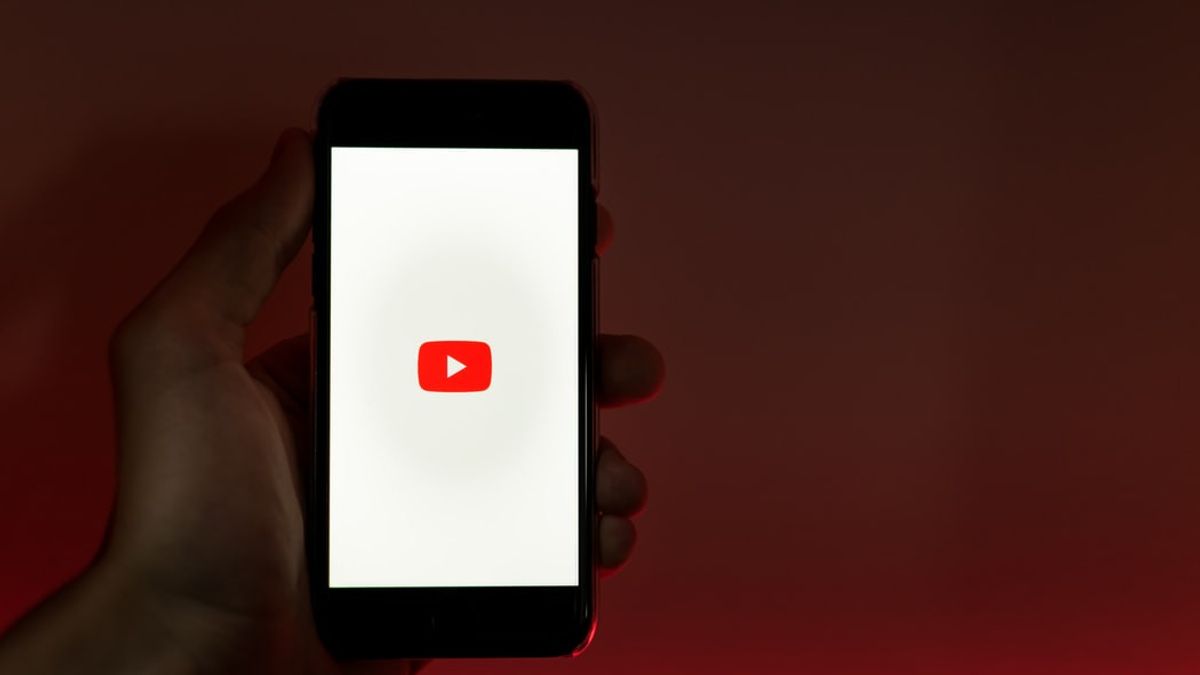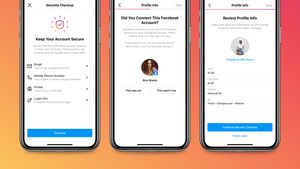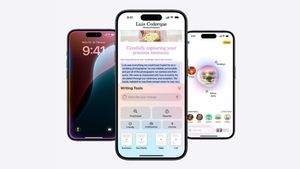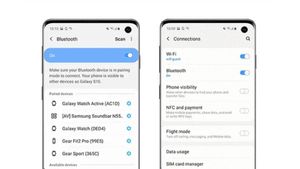JAKARTA - Many people in the world, nowadays use third-party tools to download YouTube videos, but is it legal to do so?
Sometimes, the case is clear, for example, that downloading TV shows or music videos is illegal. But what about other types of content? Is downloading YouTube videos always illegal, or is there an opportunity for you to be allowed to do so? Let's take a closer look at the legality of downloading YouTube videos.
What Does YouTube Say About Downloading Videos?
When you watch videos on YouTube, you agree to comply with the company's terms.
Here are the key sections of the YouTube Terms of Service:
You are not permitted to [...] access, reproduce, download, distribute, transmit, broadcast, display, sell, license, modify, modify or use any part of the Service or any Content except; (a) as legally permitted by the Service; or (b) with the prior written consent of YouTube and, if applicable, the respective rights holders.
In essence, YouTube explicitly prohibits you from downloading videos unless you have permission from the company itself.
Can YouTube Ban You from Downloading Videos?
If you violate the Terms of Service, YouTube has a variety of legal options available for that. Theoretically, everything from bans to civil suits could be on the table.
That said, YouTube has never sued anyone for downloading content. But a few years ago, the company considered suing one of YouTube's biggest video downloaders (YouTube-MP3.org) for violating its Terms of Service but backed out after the site refused to budge. Instead, YouTube-MP3.org finally shut down in 2017 after Sony Music and Warner Bros launched a copyright infringement lawsuit against it.

Is Downloading YouTube Videos Illegal?
YouTube doesn't like video downloaders, though it might be happy to turn a blind eye to them for now. But what about the law? Are you committing a crime if you download videos from YouTube?
As is often the case, it also depends. Let's see how US law views downloading YouTube videos.
When is Downloading YouTube Videos Illegal?
In the United States, copyright laws state that it is illegal to make copies of content if you do not have permission from the copyright owner. That applies to copies for personal use and copies that you distribute or make financial use of.
Thus, downloading TV series, movies, sports clips, or copyrighted content on YouTube is against the law. This puts you at risk of facing criminal justice. The situation is the same in the UK and the European Union.
In practice, the chances of facing criminal prosecution, especially as an individual, are slim. However, you are still breaking the law.
When is Downloading YouTube Videos Legal?
You can use third-party YouTube downloaders to download videos for which copyright laws do not apply or videos whose copyright gives you the right to reproduce the video.
There are several types of videos that you can legally download on YouTube:
Public domain: Public domain works occur when a copyright has expired, has been revoked, released, or is unenforceable in the first place. No one owns the video, meaning members of the public can freely reproduce and distribute the content.
Creative Commons: Creative Commons applies to works for which the artist retains copyright, but has given public permission to reproduce and distribute the work.
Copyleft: Copyleft grants anyone the right to reproduce, distribute, and modify the work, as long as the same rights apply to derivative content.
On YouTube, you can find many videos that fall into any of the above categories. Remember, downloading videos is still a violation of YouTube's Terms of Service, but it's not a crime.
SEE ALSO:
Moral Arguments Downloading Videos
There are moral questions surrounding the process of downloading YouTube videos. In the same way that sites like MUO rely on advertising to continue to provide free content to readers, many YouTubers make a living off their channel revenue.
By downloading videos and sharing them with friends offline, you can practically deny clicks to content creators, this can reduce their revenue. In extreme situations, the creator may sue for loss of earnings.
In conclusion:
1. Downloading videos from YouTube violates YouTube's Terms of Service, and the company can sue you.
2. YouTube shows no desire to penalize users for downloading videos.
3. Downloading copyrighted videos without permission is a crime.
4. Some videos with proper licenses, legal to download from the criminal point of view.
The English, Chinese, Japanese, Arabic, and French versions are automatically generated by the AI. So there may still be inaccuracies in translating, please always see Indonesian as our main language. (system supported by DigitalSiber.id)


















